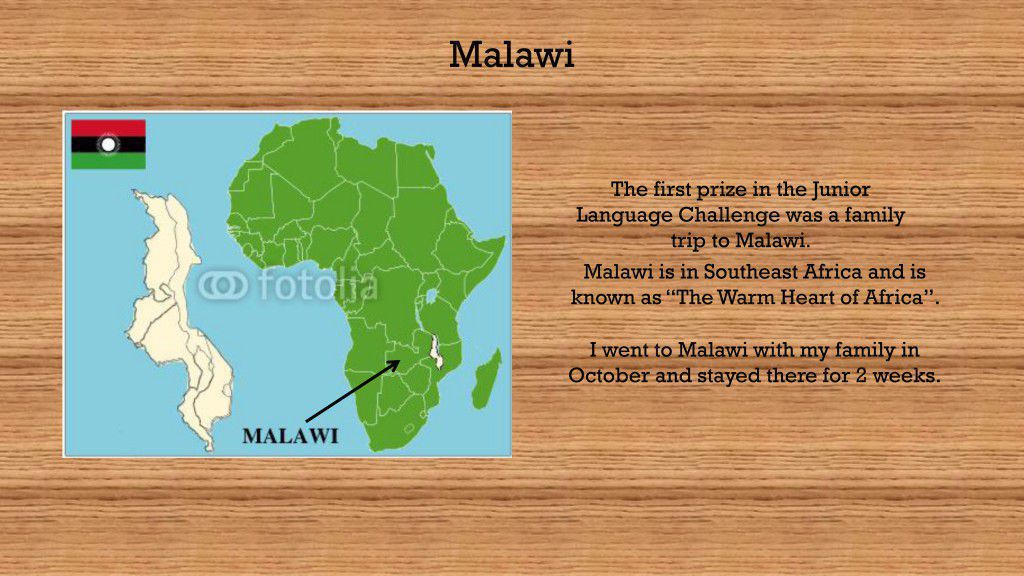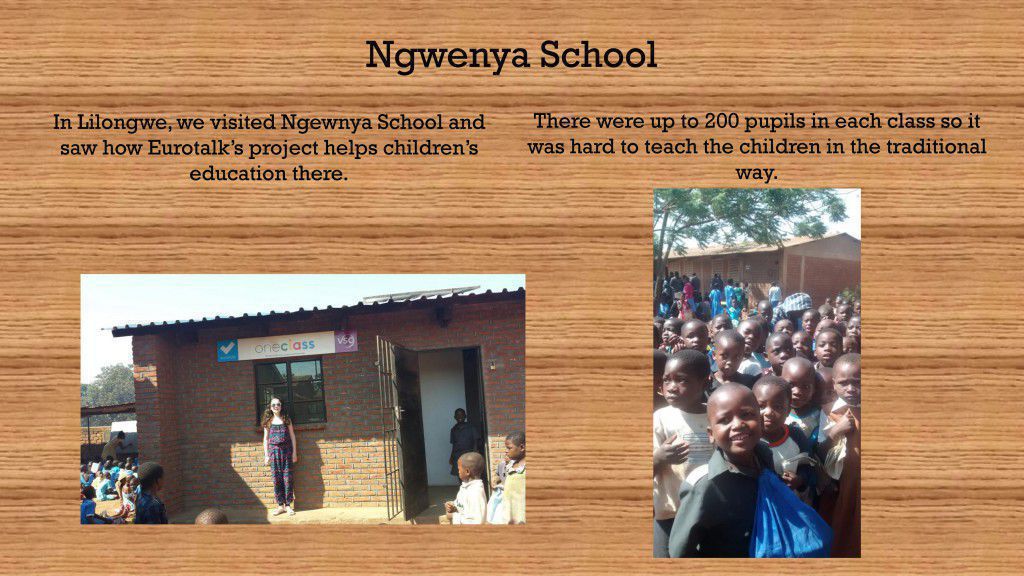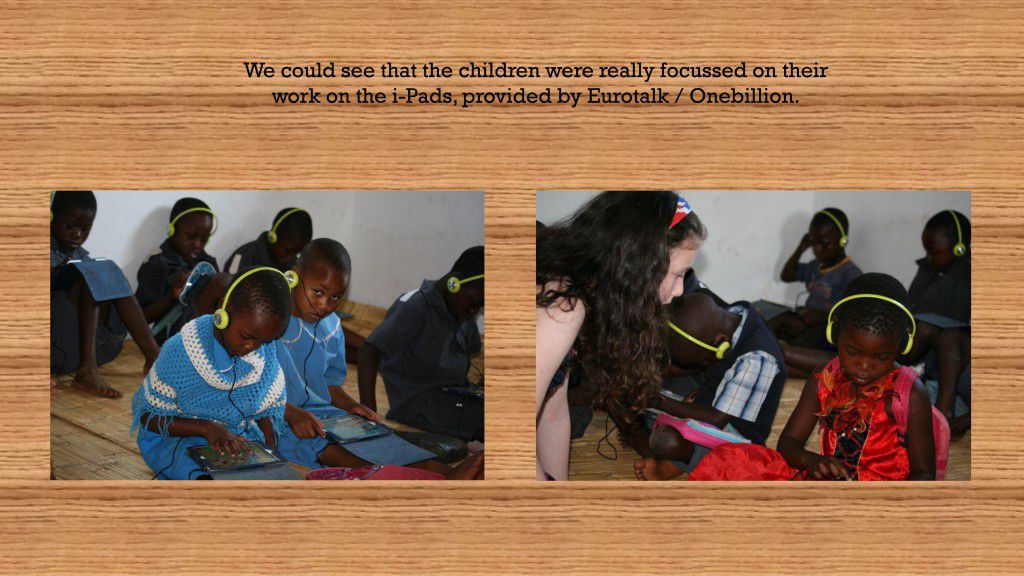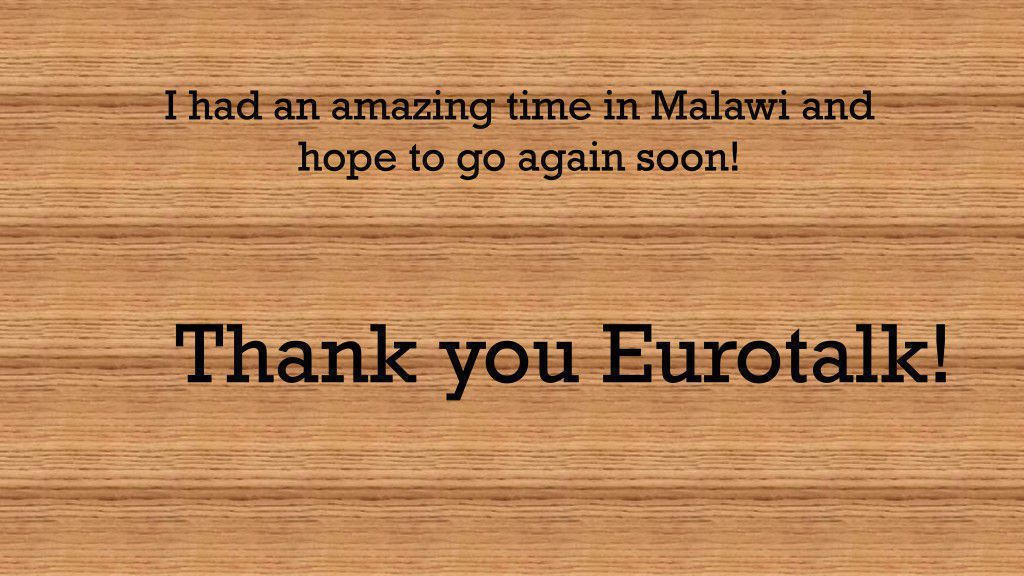Scire linguas: Why knowing your Latin can help your language skills
Thanks to London Translations for today’s blog post about the value of learning Latin!
Latin, a language that is more than 2,000 years old and is still spoken in the Vatican today, has shaped modern European languages like no other. Who would’ve thought that this medium of communication, which spread through the power of the Roman Empire, would influence language as we know it, speak it and understand it worldwide?
But why bother with learning Latin? If you don’t want to work in the Vatican, why should you learn a dead language? Surely you might as well focus on learning a modern language that actually helps you to communicate with other human beings, whether you’re travelling the world, writing emails or letters, or having business meetings with international clients.
However, despite being so old, Latin can give your language skills a real boost and help with a range of tasks, including consecutive interpreting. Why? Let’s take a closer look.
Better vocabulary
It’s a fact that almost 50 per cent of English vocabulary comes from Latin and 20 per cent from Greek. So if you know your Latin, you can derive an array of English words and improve your vocabulary in general. This applies to other European languages as well.
Better grammar
By getting to grips with Latin grammar, you can gain a better understanding of what grammar is about and how to apply that knowledge to other languages, making it easier to identify grammatical differences in a variety of languages.
Better learning of modern languages
If you know your Latin, it will be easy for you to apply your grammar and vocabulary skills to the modern Romance languages, such as Spanish, French, Portuguese and Italian. In fact, around 40 languages are connected to Latin. That is a big pool of knowledge.
Better performance in tests
People who know Latin generally outperform people who don’t in standardised tests. This may be because a language that has so many rules can help to shape logical thinking and cognitive skills in general.
Better foundation for different career paths
Knowing Latin and Greek can help to enhance your chances of succeeding in different career paths. In some professions, it is especially beneficial. Think of medicine, the law and philosophy.
As you can see, learning Latin has numerous advantages. It is not only a language for old, sophisticated men who sit in libraries all day. It is a language we should not forget and something that is well worth teaching future generations.
(In case you wondered what ‘scire linguas’ means, it translates as ‘learn languages’.)
If you’d like to try out a bit of Latin, you can find a free demo on our website.
Can uTalk a new language in one month?
Happy Thanksgiving to all our friends in the USA, and around the world! Before we know it, it’ll be Christmas, and then we’ll be into 2015. Time flies!
Here in the EuroTalk office, we enjoy a bit of healthy competition, and with the new year approaching, we’ve decided it’s a good time to take some of our own advice and try learning a new language, using our uTalk app. We’ll all be taking on different languages, and competing against each other to see who can learn the most in the 31 days of January. What could possibly go wrong?
The rules are simple:
1. The winner will be the first person to score maximum points on uTalk in the language of their choice, or the person with the highest score on 31st January.
2. The language chosen can’t be one we already speak.
3. Competitors must start from zero points on 1st January.
4. To join the challenge, we’ll need to have access to an iPhone or iPad with the free uTalk app installed.
Through regular check-ins, we’ll be keeping an eye on and reporting our progress both here and on our Facebook and Twitter, and we hope you’ll be there too, cheering us on.
If you fancy taking up the uTalk challenge for yourself, we’ll be very glad of the company, so drop us an email with the language you’ve chosen, and we’ll send you over a code to unlock the Essentials upgrade (worth £6.99) so you can get started completely free on January 1st.
And in the meantime why not let your friends know which language you’re planning to learn? (There are 100 to choose from, but don’t panic – you’ve got a month to think about it!)
So far, our competitors include:
Ioana, who’ll be learning French
Nat, taking on Icelandic
Steve, who fancies a go at Thai
Al, tackling Chinese (Mandarin)
Symeon, who’s torn between Greek and Turkish
… and Liz, who took a while to decide but eventually settled on German.
Wish us luck!
JLC winner Ella’s Malawi trip
Today we’re very excited to share a presentation from Ella Whittingham, from West Bridgford in Nottingham, who won the Junior Language Challenge in 2013. Ella and her family have just got back from her prize trip to Malawi, and we’re really glad to hear that they had a fantastic time! Read on to see what they got up to, and what this year’s champion, Yash, has to look forward to…
By the way, if you’d like to be kept informed about the Junior Language Challenge 2015, which will start in March, you can sign up to our mailing list on the JLC website. And to learn more about the work of onebillion at Ngwenya and other schools in Malawi, find them at onebillion.org.uk.
Click on any of the slides to see a bigger version.














